Cancer in 2020
In the United States, the overall cancer death rate has been steadily decreasing since the 1990s, with the reductions from 1991 to 2017 translating into more than 2.9 million cancer deaths avoided.
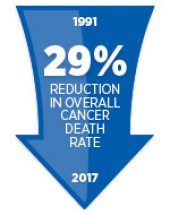
In the United States, the overall cancer death rate has been steadily decreasing since the 1990s, with the reductions from 1991 to 2017 translating into more than 2.9 million cancer deaths avoided.
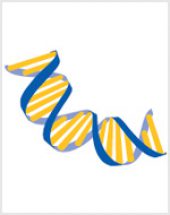
Cancer is not one disease, but a collection of diseases characterized by the uncontrolled growth of cells. The more we know about the contributions of the numerous individual factors and their interplay in influencing cancer development among all populations, the more precisely and effectively we can prevent and treat cancer.
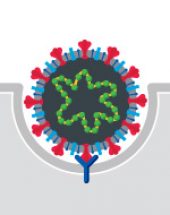
The COVID-19 pandemic has disrupted cancer care for many people, causing concerns that the delays in screening, diagnosis, and treatment will cause thousands of additional deaths from cancer in the future.
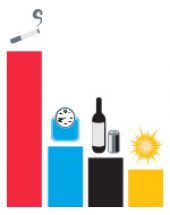
In the United States, four out of 10 cancer cases and almost half of all cancer-related deaths are associated with preventable risk factors.

Research identifying how cancer arises and progresses has led to the development of screening tests that can be used for early detection of cancer and precancerous lesions. We need to develop new strategies to ensure optimal uptake of cancer screening.
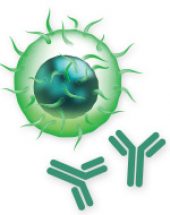
Research that increases our understanding of the genetic, molecular, and cellular characteristics of cancer is continuing to spur advances in the treatment of cancer.
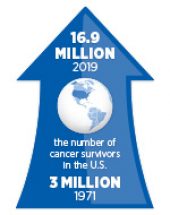
In the United States, there are more than 16.9 million people living with a history of cancer. It is vital that we identify the optimal way to provide comprehensive, coordinated care to all survivors of cancer to improve cancer-related outcomes and quality of life for all patients.
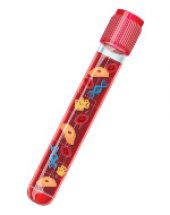
Cutting-edge technologies that fuel the full spectrum of cancer science from bench to bedside will accelerate the pace at which we increase our understanding of cancer biology while transforming the future of clinical practice.

Federal funding for medical research, most specifically through the NIH, NCI, and CDC has a significant impact on our nation’s health and the United States economy.

The AACR calls for robust, sustained, and predictable annual funding increases for NIH and NCI in FY 2021 and beyond. Such funding will transform cancer care, increase survivorship, spur economic growth, and maintain the United States’ position as the premier leader in scientific and medical research.

During the 20 years that I have been a physician-scientist, I have seen unparalleled advances in cancer science and medicine, and I am excited for the future. In the next 10 years, I expect that scientific discoveries will ignite another revolution in cancer treatment and further improve outcomes for patients with cancer.